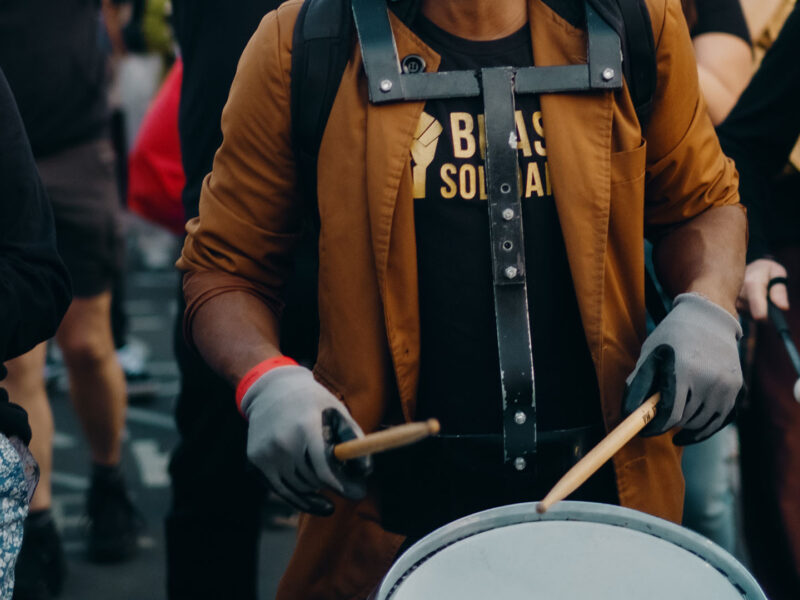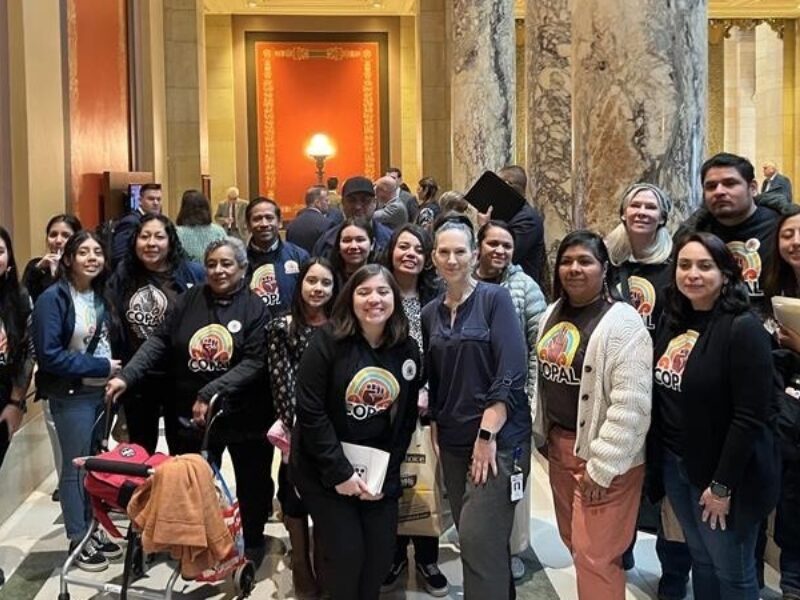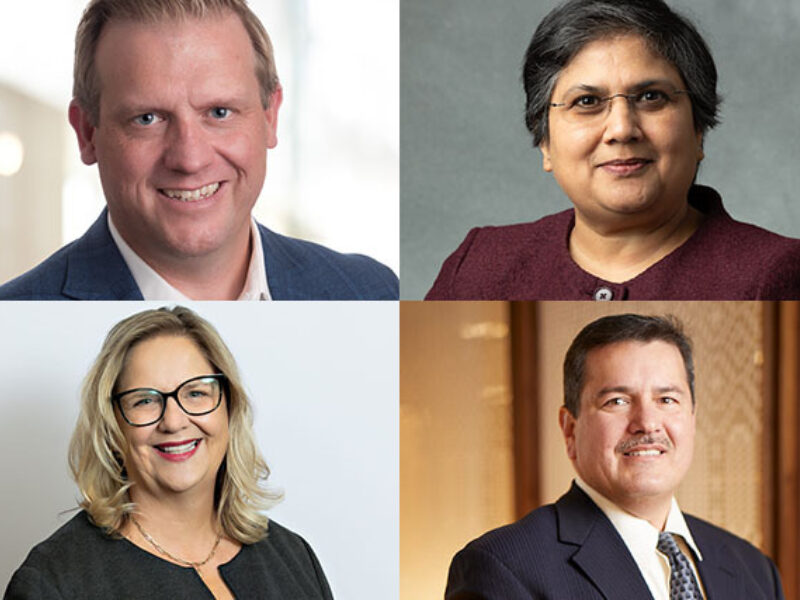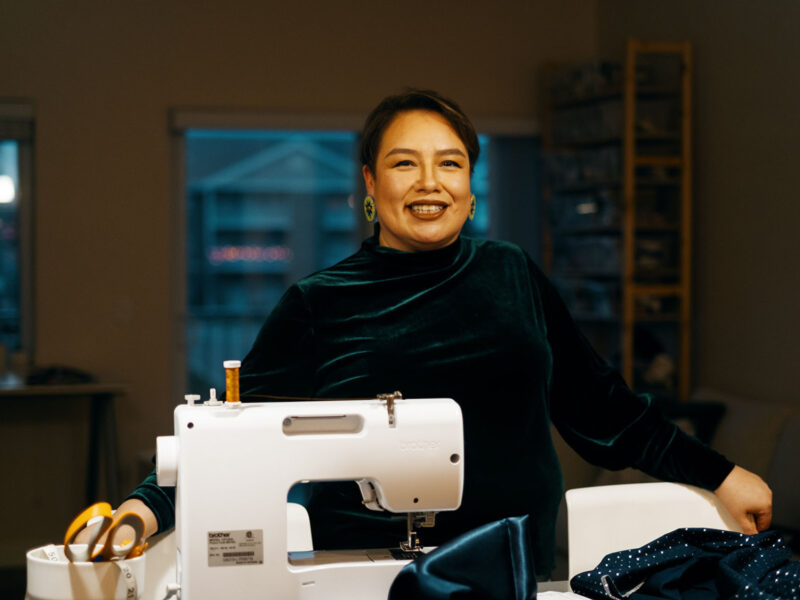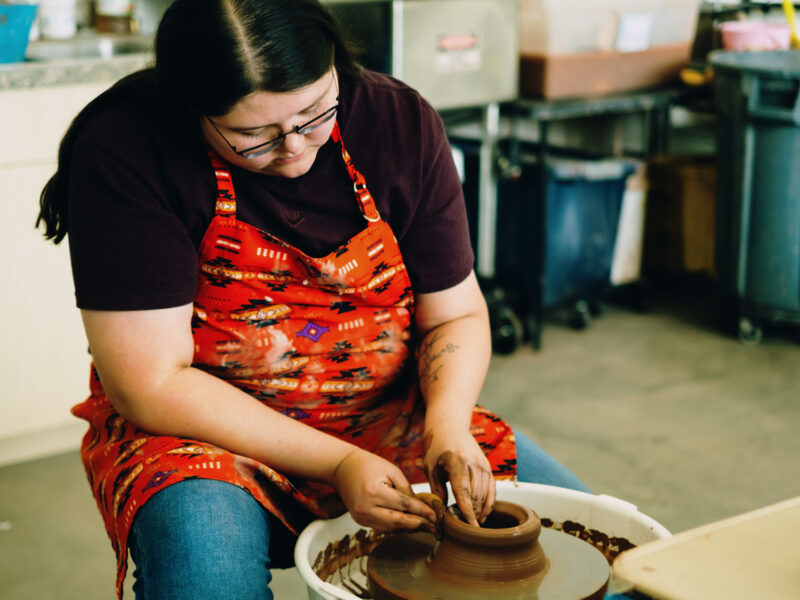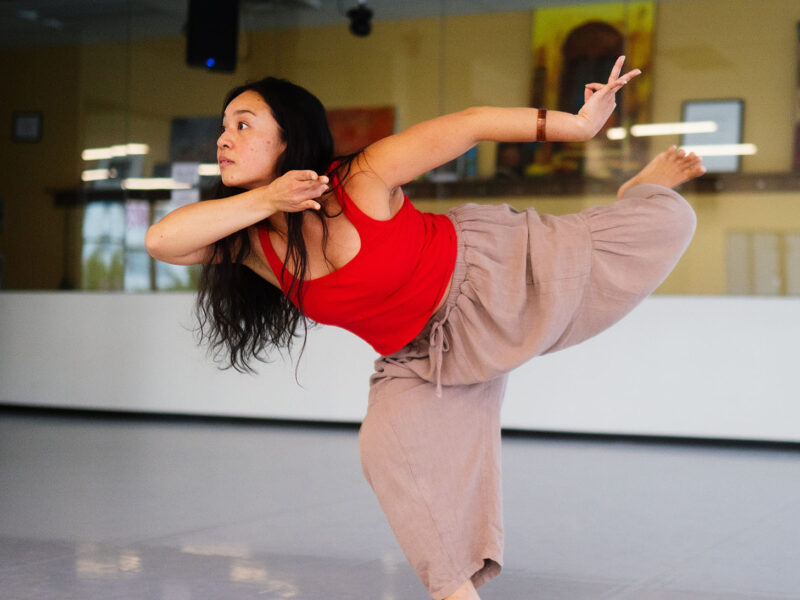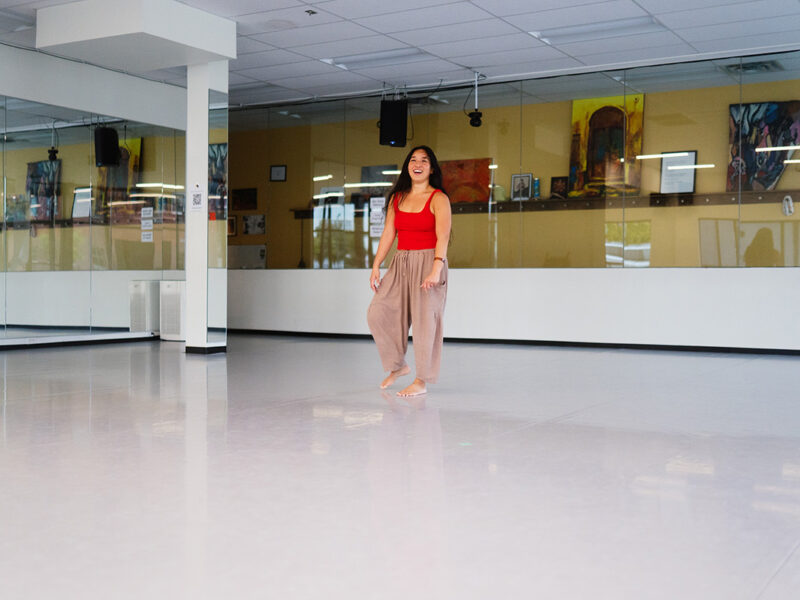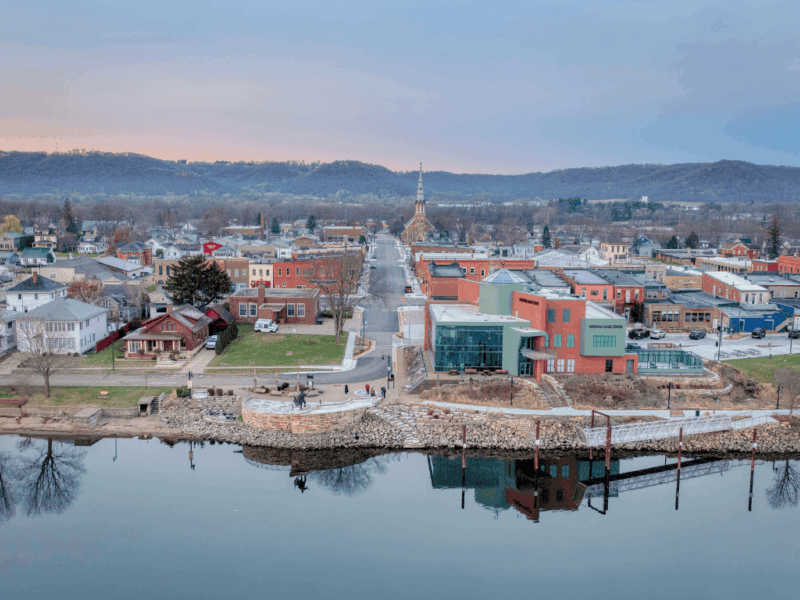Huda Ahmed plans to transform Minnesota’s criminal justice system through a public health lens.
For the last 15 years, Huda Ahmed has dedicated her career to partnering with Minnesota communities through equity and inclusion work. Recently, Huda became director of the collaborative effort with the Saint Paul & Minnesota Foundation, Greater Twin Cities United Way and The Minneapolis Foundation to transform the criminal justice system and policies rooted in long-standing racism.
She is a transformational change expert, community activist and Humphrey Policy Fellow Alum, who will help guide us in this multi-year collaboration that will drive transformative change and partnership with the broader community. We recently sat down with Huda to talk about her plans for this multi-year collaborative.
How has your background prepared you for this role?
I'm trained in public health. So that comes out in a couple of ways. First, all of the training and the framework that public health professionals use in terms of harm reduction and prevention and upstream change is applicable here in helping transform the criminal justice system. I'm also very familiar with and connected to many of the communities that are considered highly impacted and disproportionately impacted by the criminal justice system in Minnesota.
What skills have you found helpful in doing this work?
I’ve found that building relationships instead of just being transactional with communities that are impacted is very important. This means listening, deeply being in conversation, really amplifying their concerns and their ideas for solutions and then leveraging organizational resources and power behind those ideas is key to co-creating a better community for us all.
What has it been like to take on a collaborative like this?
To decide to work together in this way is not typically how foundations work, and collaborations may not always be easy. But it’s what we need to transform the criminal justice system. I think we have all the right pieces. We have all the right commitments, the right values, and now it's a matter of operationalizing all of that.
What do you think have been some of the challenges facing the Twin Cities in terms of dealing with racial injustice, policy and criminal justice?
I think the biggest challenge facing our community despite our best intentions [is] not looking at the structure and historical racism within the structures. The platform that our systems are built on, it's up to us to seriously question it, and possibly dismantle that or we're still going to face the same inequities that we do right now. There can be racism in the system without the racist, I mean like the way things are done and are set up on historical foundations of racism, that's the problem. I think we see that here in the Twin Cities, despite being such a progressive state. And until we face that and do something about it, we're going to continue to see inequities.
In your own words, how would you sum up the mission of the criminal justice reform initiative?
The focus is to help transform the criminal justice system by co-creating solutions with communities. What we're trying to do is advance solutions to inequities in the justice system and do that in partnership with and co-led by communities that are directly impacted. This also means working alongside other organizations doing similar work in this space.
Huda will kick things off by working with the community and researchers to collect data on racial inequities and gaps in the criminal justice system, specifically in our state. For more information about our joint collaboration, read our press release.


